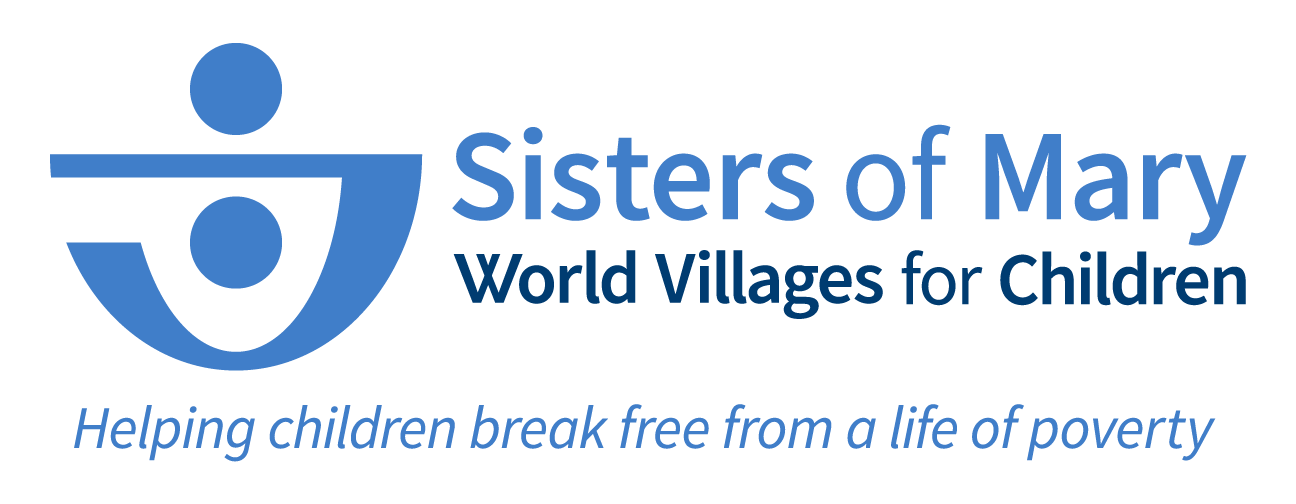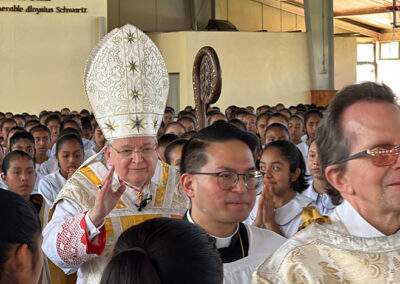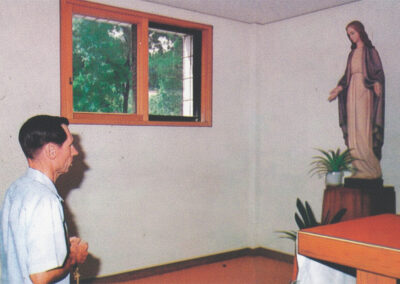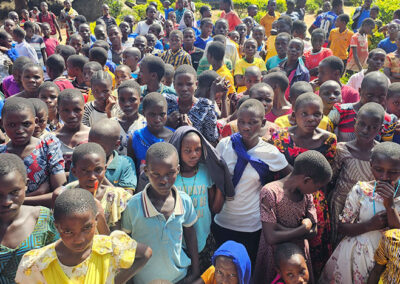Today is World Children’s Day, first established in 1954 as Universal Children’s Day. It is celebrated on November 20 each year to promote international togetherness, awareness among children worldwide, and improving children’s welfare.
This year, World Children’s Day holds special significance for us as we consider the dramatic impact the pandemic is having on children. The pronounced and extended repercussions of COVID-19 worldwide will cause more harm to children, and more lasting harm, than the disease itself. As the world works to prevent spread of COVID-19, malnutrition, access to education, children’s mental health and vaccine distribution have moved to secondary concerns.
These threats to children’s welfare remain at the forefront of our minds at World Villages for Children. Working with the Sisters of Mary, we remain committed to ensuring better tomorrows for children, particularly where poverty exacerbates the pains of our global pandemic.
In this light, I thought it would be important to share a bit more about why World Villages for Children focuses primarily on children in our poverty relief efforts:
Initially, in 1957, when our founder Venerable Fr. Al Schwartz began his work in Korea, he was interested in relieving the suffering of the poor in any way possible. As his ministry grew, he found that the greatest impact he could have was through education and vocational training for adolescents. Working with these secondary school students was the surest way to break the cycle of poverty for these children, their families and future generations.
In the over-used proverb – give a man a fish, teach a man to fish – the education and training of children in our villages provides students not only an education in how to fish, but gives them a pole and leads them to water as well.
 In addition to providing the basic necessities, such as food, clean water, and a safe place to live, the Sisters of Mary also provide intangible tools to the children – self-confidence, hope, faith – that make all of the difference in breaking the cycle of poverty. These tools lead to an exponential impact.
In addition to providing the basic necessities, such as food, clean water, and a safe place to live, the Sisters of Mary also provide intangible tools to the children – self-confidence, hope, faith – that make all of the difference in breaking the cycle of poverty. These tools lead to an exponential impact.
As a living testimony to this work and its impact, we recently asked some of our graduates to share a little about their journey – this is Josephine’s story:





